Ready to start hunting but don’t know what gear you need to actually do it?
No worries. With hunting, as with most endeavors, beginners often don’t know what they don’t know. And that’s okay!
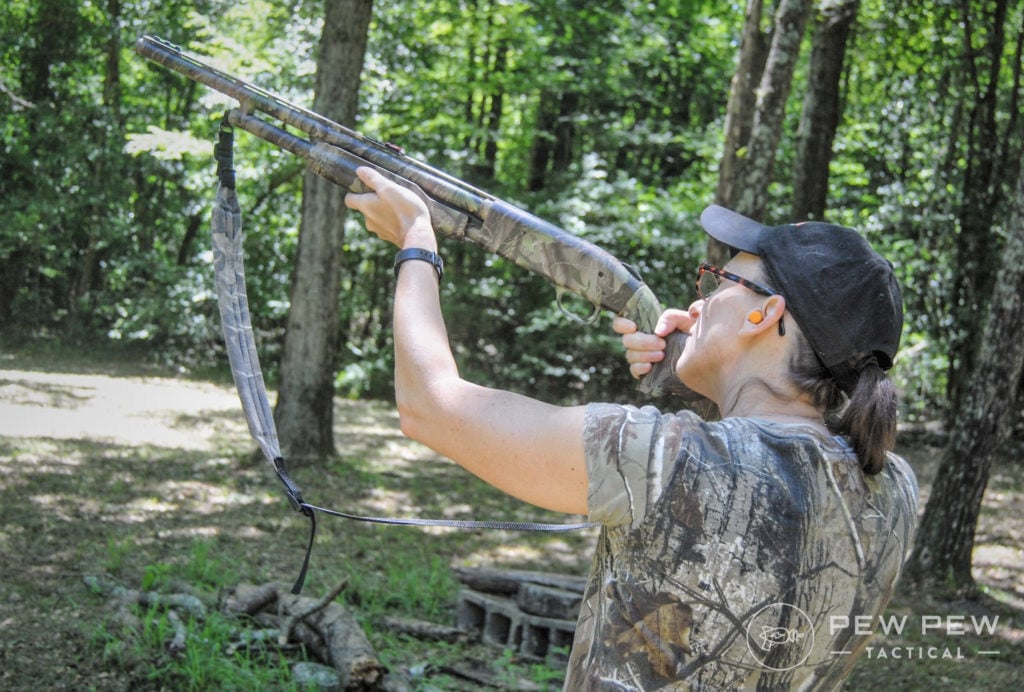
While you may be struggling to figure out exactly what you need to get started in your new hunting hobby, don’t be seduced by the copious ads field by marketing geniuses.
Aside from your weapon — essential unless you’re planning to wrestle with game — there are only a few things every hunter needs to have with them in the field.
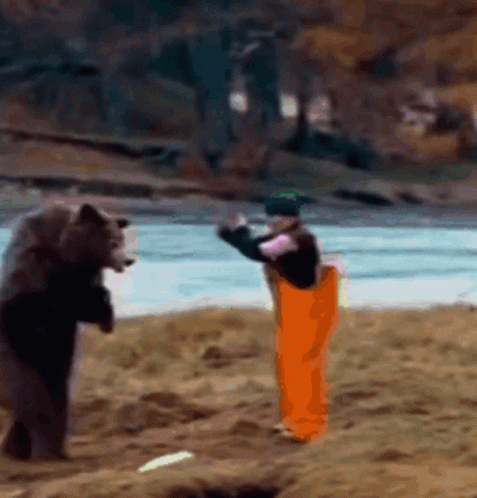
If you’ve caught the hunting bug but aren’t sure exactly what you need to get started, we’re here to help. We’ve gathered this list of essential gear as well as some game-specific checklists to get you started.
Table of Contents
Loading…
Why You Should Trust Us
Alice is a lifelong hunter and experienced shooter who grew up flinging arrows and bullets at Virginia whitetails, turkeys, and game birds. Her most recent favorite hunting experience, though, is chasing bull elk in the Colorado backcountry.
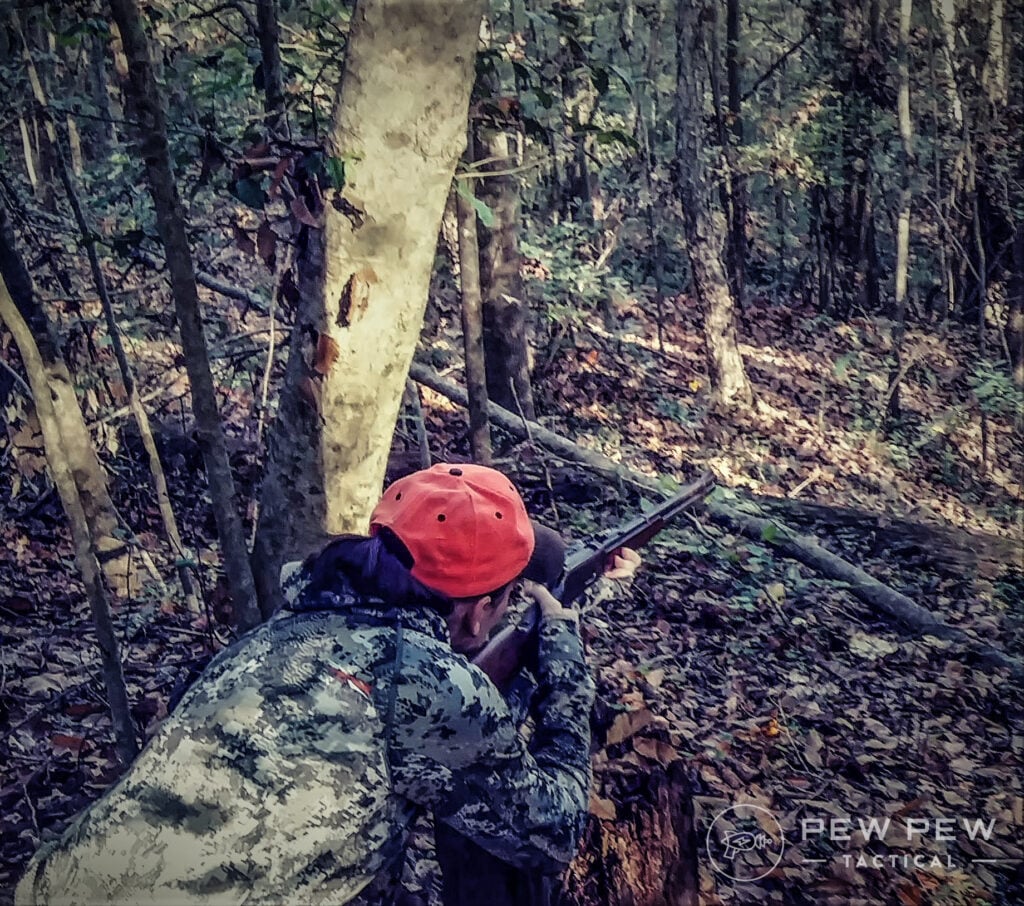
She leverages this knowledge to bring her readers tips, tricks, and recommendations on what works (and doesn’t) in the field.
Essential Hunting Gear: The Must-Haves
1. Camo Clothing
Animals have much keener eyesight than humans and are also used to constantly living on the edge of death – from natural predators, disease, disaster, and…human hunters.
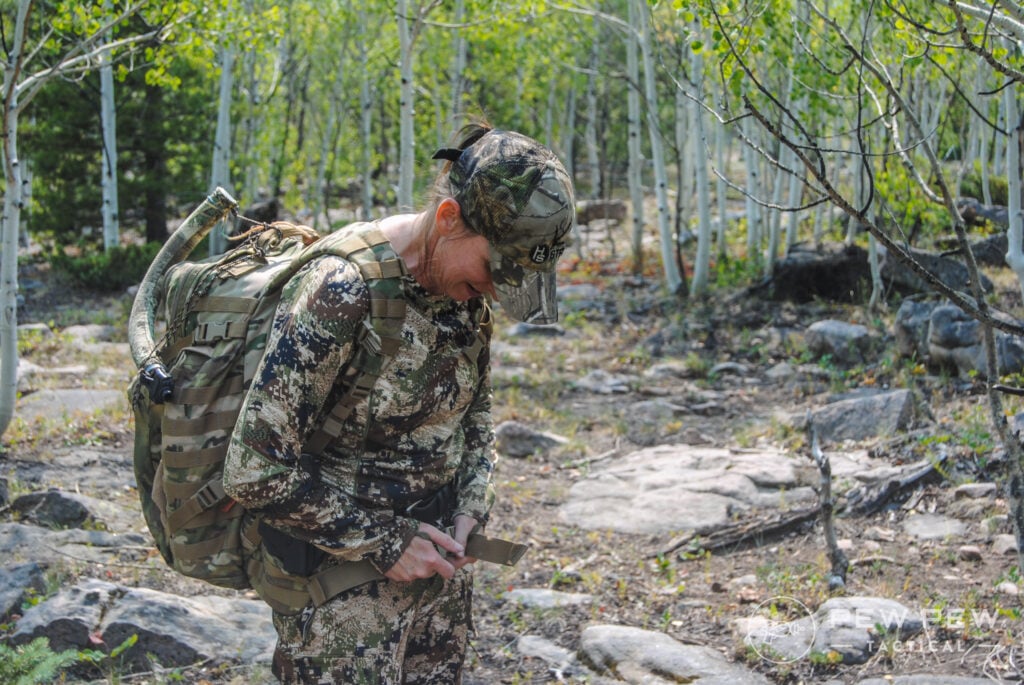
Since game animals are continually on the lookout for danger, quality gear in a camouflage pattern is one of the best ways for you to prevent detection.
Camo works to break up the human body’s outline and allow you to blend into the surrounding environment.
Usually, a camo pattern does this either by mimicking real-life branches, leaves, and grass or by using a digital pattern of natural colors that tricks the eye, preventing it from detecting your outline.
The “best” camo pattern depends on the region and season you’ll be hunting and the animals you’ll be pursuing. Goose hunters hunting over marshes have very different camo requirements than late-season rifle hunters in the snow-covered Rockies.
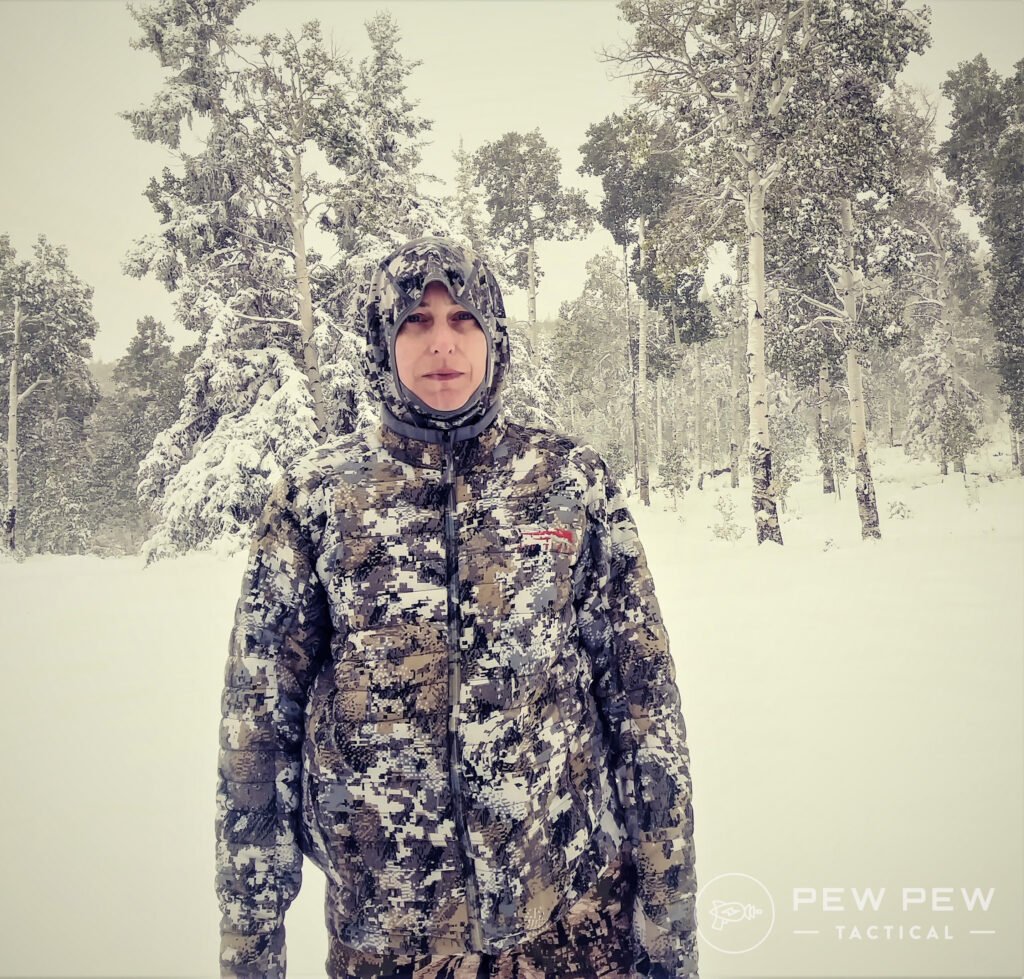
Don’t underestimate the value of comfort. The more comfortable you feel in the field, the easier to stay in the hunt – both physically and mentally.
Building a good layering system can help you regulate body temperature by adding or removing pieces as necessary. We go through the process in our detailed article, Layering 101.
2. Rain Gear
-
25% off all OAKLEY products - OAKLEY25
Copied! Visit Merchant
Nothing ruins an otherwise perfect hunt faster than getting drenched by an unexpected downpour.
Even in warmer temps, wet clothing robs your body of essential heat much faster than most people realize.
You can prevent dangerous hypothermia by keeping quality rain gear on standby in case the weather turns sour. But make sure you get a jacket AND pants.
3. Knife
Prices accurate at time of writing
Prices accurate at time of writing
-
25% off all OAKLEY products - OAKLEY25
Copied! Visit Merchant
It doesn’t matter if you’re hunting mallards or moose; every hunter needs a good, sharp knife.
What makes the perfect hunting knife is a topic of hot debate among hunters. Some hunters swear by a folding knife; others claim only a fixed blade is appropriate for hunting-related tasks.
Something sturdy, with a sharp, drop point blade, is versatile enough to handle everything from field dressing to slicing salami for a tree stand snack.
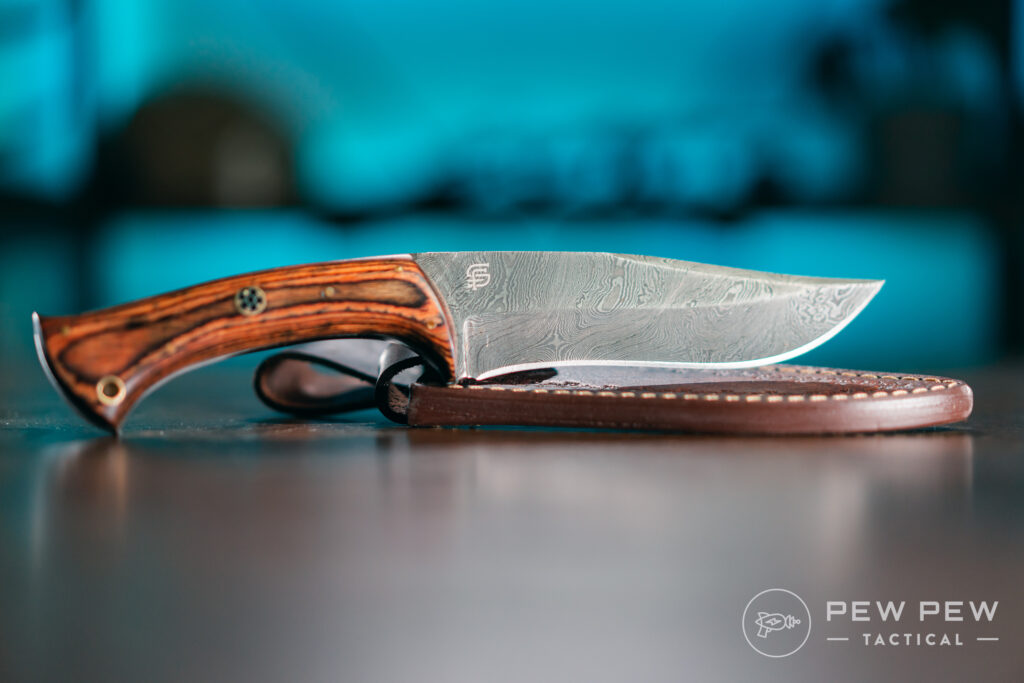
A reliable knife also comes in handy if you need to cut rope or notch your game tags.
You can decide if you want the convenience of a folder or the sturdy reliability of a fixed blade…just don’t use a cheap gas station blade.
Carrying a small knife sharpener also isn’t a bad idea.
-
25% off all OAKLEY products - OAKLEY25
Copied! Visit Merchant
A sharp knife is easier and safer to use than a dull one. In a tough cutting situation, a few quick slips through the sharpener might give you just enough edge to finish a tough cutting job.
4. Flashlight or Headlamp
Prices accurate at time of writing
Prices accurate at time of writing
-
25% off all OAKLEY products - OAKLEY25
Copied! Visit Merchant
Because game animals are most active near sunrise and sunset, hunters often find themselves moving through the woods in the dark.
Since humans don’t naturally see very well without the sun, a flashlight offers the best way to safely move in the hours before dawn and after dusk.
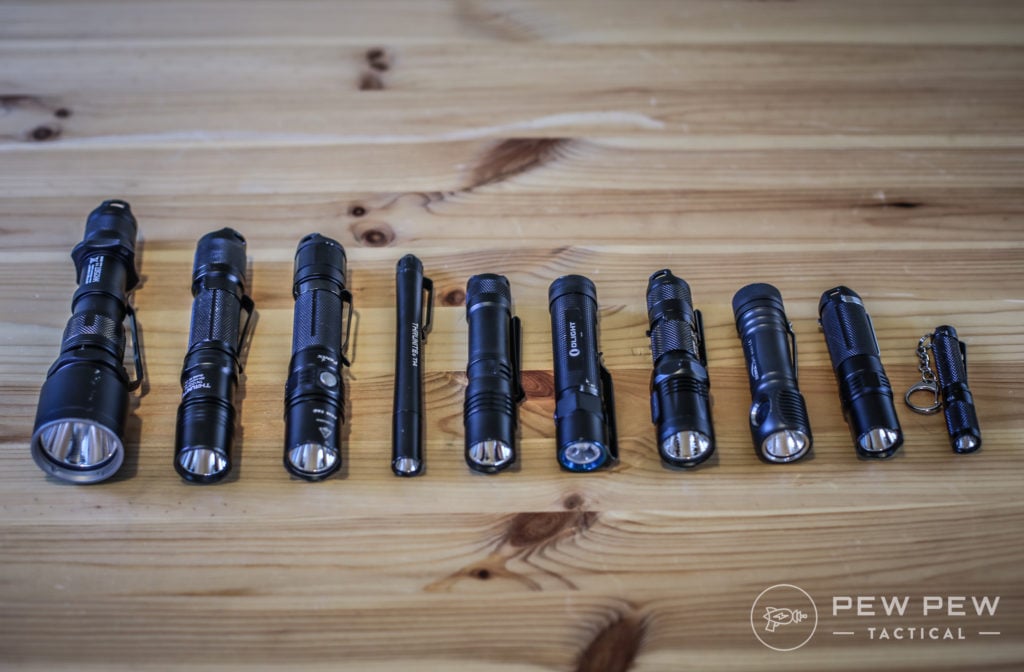
Even if you don’t plan to travel in the woods at night, carrying a flashlight with you is just a smart idea. It can be an invaluable signaling tool if you get lost.
Also, if you shoot a deer or elk late in the day, a flashlight helps you follow a blood trail and recover the animal.
A headlamp can be your best friend in the woods, allowing you to use both hands to move through thick vegetation or field dress a deer. Personally, I love a light that clips onto the brim of your hat.
-
25% off all OAKLEY products - OAKLEY25
Copied! Visit Merchant
Since most mammals don’t perceive colors the same way as humans, you can choose a flashlight with red or green LEDs that will help you sneak through the woods without spooking nearby game.
Also, don’t forget to pack an extra set of batteries. No one wants to be left in the dark with a flashlight that doesn’t work.
5. Trail Marking Tape
-
25% off all OAKLEY products - OAKLEY25
Copied! Visit Merchant
A simple roll of orange trail tape is perfect for marking the entry and exit routes to your favorite hunting spot.
The orange stands out in high contrast to natural backgrounds, making it easy for you to stay on course.
The tape also reflects the light from your lamp, so you can still easily find your way in the dark.

Even if you know your way around in the woods, trail tape is a handy tool to have when you’re following a blood trail, especially if you don’t have a buddy to help you out.
Just tie a length of tape above significant blood spots. If you lose the trail, you can backtrack to the last piece of orange tape to pick it back up.
6. First Aid Kit
Prices accurate at time of writing
Prices accurate at time of writing
-
25% off all OAKLEY products - OAKLEY25
Copied! Visit Merchant
Accidents happen, even when you’re careful.
A basic boo-boo kit will help you take care of blisters, bruises, scrapes, and bee stings.
Since hunting involves weapons (sometimes of the high caliber variety), it’s also a good idea to include supplies for more traumatic injuries, including a tourniquet, QuikClot gauze, and an Israeli bandage.
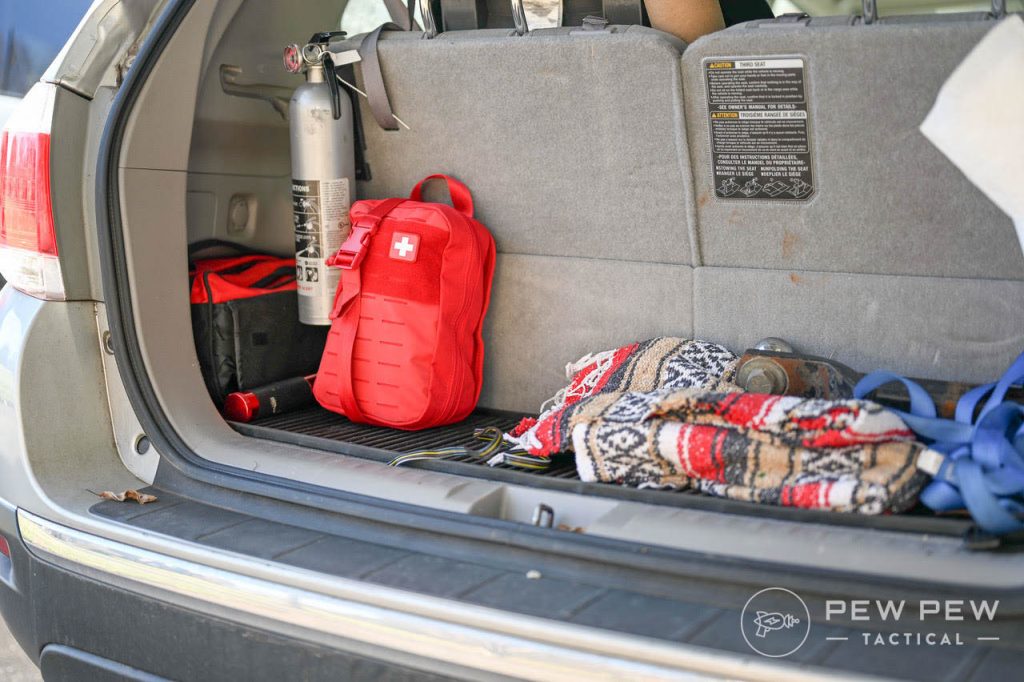
For more detailed info on what to include, check out our Best IFAKs: Pouches, Complete Kits, and Contents List.
Also, make sure you have the training to back up your gear, so take a look at our suggestions on the Best First Aid Classes.
7. Water and Snacks
-
25% off all OAKLEY products - OAKLEY25
Copied! Visit Merchant
Hydration is important, and a quick snack can provide enough energy to stay in the hunt just a little longer.
Bring a reusable water bottle (the disposable bottles make too much noise) and your favorite high-energy snack.
8. Toilet Paper
-
25% off all OAKLEY products - OAKLEY25
Copied! Visit Merchant
Trust me. Leaves do not make good toilet paper.
This is one civilized luxury you’ll prefer to have with you when Nature calls. Keep a good length of toilet tissue in a sealed plastic bag to keep it dry and clean until you need to use it.
Checklist for Hunters: Beyond the Essentials
Hunting is a diverse sport.
What a backcountry elk hunter needs will differ drastically from a Southern duck hunter’s checklist.
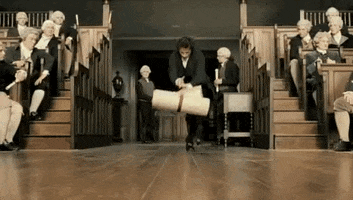
If you’ve ever wandered out into the mountains or wetlands only to find you’ve left an essential piece of equipment at home, you already realize the amount of headache and heartache a good checklist can prevent.
So, we’ve compiled a few quick, species-specific checklists to ensure you have everything you need for hunting success.
Checklist for Deer Hunters
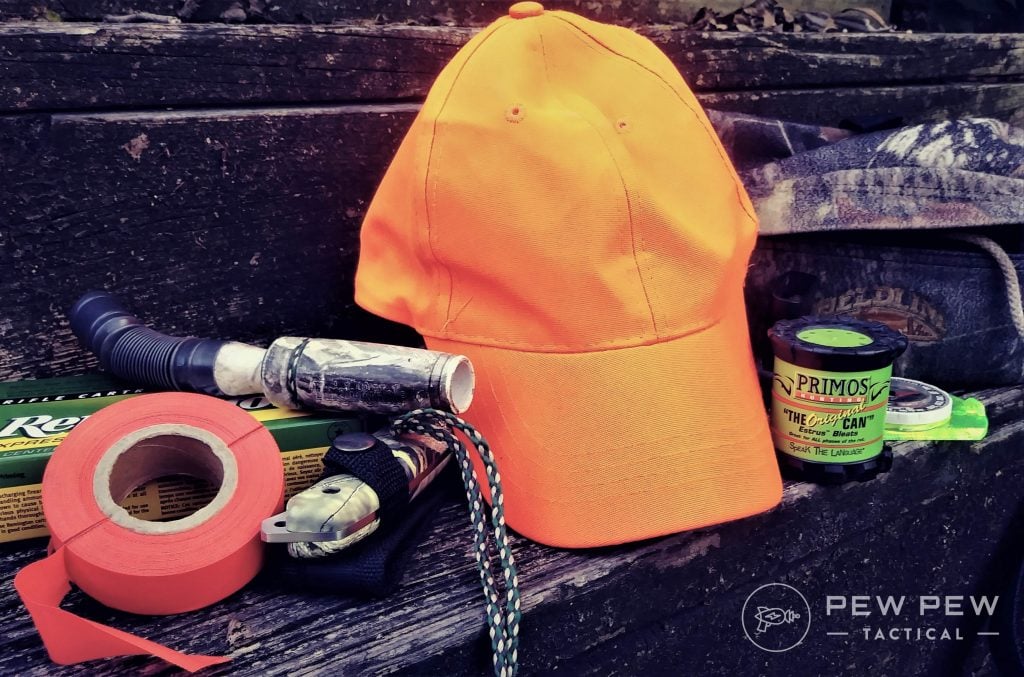
- Scent control spray – Deer have incredibly keen sniffers. Thankfully, excellent scent elimination products exist to help hunters slip past those sensitive schnozzes.
- Grunt tube – These game calls work on big bucks, especially during the rut. Since they are foolproof, even new hunters can use a grunt tube without needing lessons.
- Deer drag or game cart – Hauling a 150-pound deer back to the truck is kind of a drag. (See what I did there?) While you can use a length of rope for a makeshift drag, a deer drag or game cart makes the process a whole heck of a lot easier. Your back and legs will thank you.
Checklist for Turkey Hunters
- Thermacell – When chasing gobblers in the Spring, chances are mosquitoes will chase you. Those suckers wake up from their winter-long slumber, ready to munch on anything that moves. A Thermacell appliance creates a 15×15 foot dome of protection to keep you comfortable while calling in big gobblers.
- Ground blind – A turkey’s eyesight is even better than a deer. A good pop-up blind provides instant cover, no matter where you need to set up on a hot bird.
- Turkey calls – The best way to get a shot on a lovesick longbeard is to convince him you’re a lonesome hen in search of a good man. To do this, you’ll need to learn to talk like a turkey. There are several types of calls you can use, including the traditional box call (almost foolproof), a slate call (you’ll need some practice), and a diaphragm (you’ll need to practice a lot).
- Turkey decoys – When a tom comes strutting into a call but doesn’t see the lovely lady he thinks is making conversation, he’ll become pretty suspicious pretty fast. Pair a call with some decoys, and you’ll buy yourself a little extra time. A hen decoy is a must. Add a fake jake, and you’ll have that big gobbler charging in to protect his woman. Save some cash and buy a hen/jake combo set.
Checklist for Duck Hunters
- Decoys – You might get lucky and kill a few ducks without decoys, but a half dozen decoys will greatly improve your odds. You don’t need to get anything super fancy or expensive, and you don’t need decoys of multiple species. Start with a handful of mallard decoys. Pretty much every other species of duck will willfully land among what they think is a flock of happy, content mallards.
- Duck calls – No need for a string of different calls that looks more like a charm necklace than a hunting lanyard. Two simple calls – a mallard call and a whistle call – should be more than enough to get the job done. Both are super simple to use, and these two calls lure in practically every duck species that frequent North American waterways.
- Waders – Duck hunting is a wet and muddy business. A quality pair of waders will help keep you dry when you’re setting out decoys and retrieving birds. Quality is key, and when it comes to waders, you get what you pay for. Look for Neoprene treads and be prepared to fork over some cash.
Checklist for Elk Hunters
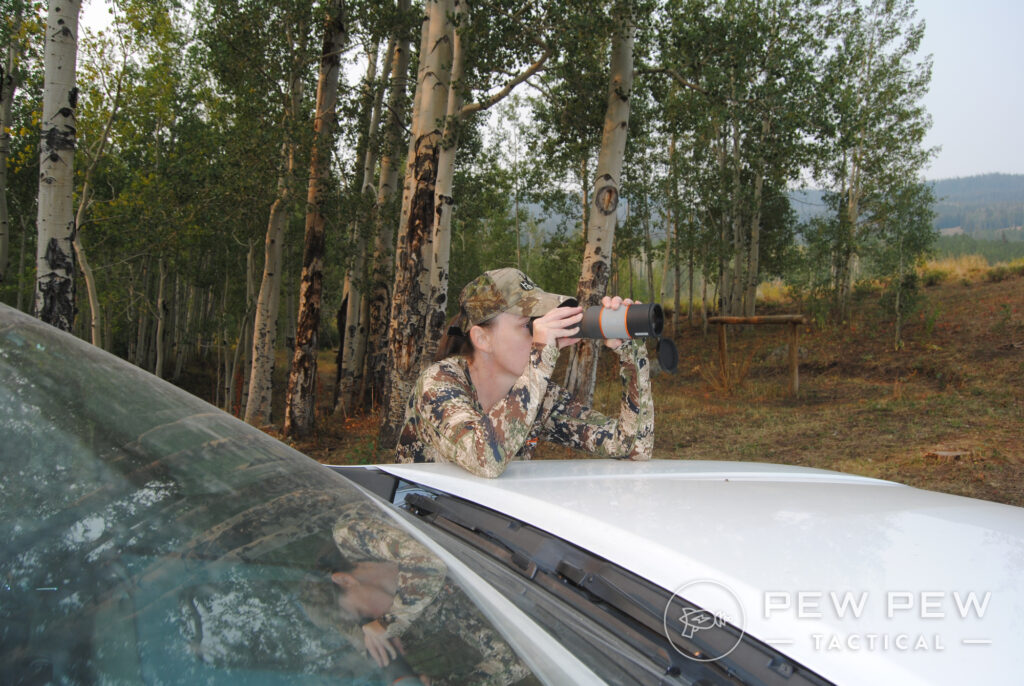
- Spotting scope – Finding elk in the backcountry can sometimes feel like trying to find a needle in a haystack. A quality spotting scope can save you a ton of time, trouble, and leg work. (Check out my hands-on review of the Maven S.2 Spotting Scope.)
- Wind checker – Elk hunters often move around a considerable amount as they’re chasing bulls. It’s important to approach elk from downwind to avoid being detected by their magnificent sniffers. A wind checker offers an inexpensive and handy way to always know which way the wind is blowing.
- Game bags – Quality cloth game bags help keep flies and other pesky bugs away from your elk meat. These breathable bags allow the meat to cool properly, preventing spoilage. They also keep the inside of your pack from getting overly bloody when you’re packing out those quarters.
Checklist for Bowhunters
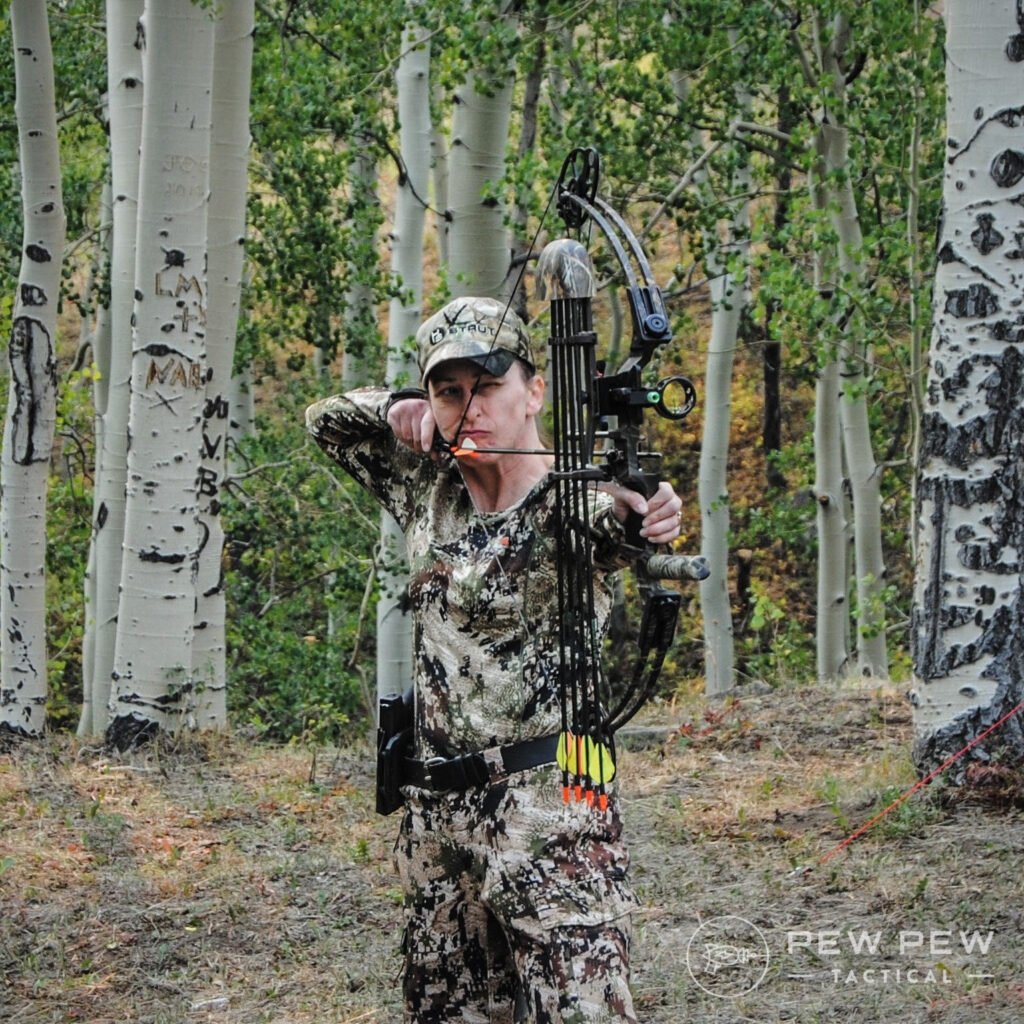
Bowhunting comes with its own set of unique challenges. It also comes with its own unique gear. Here a few things you should be sure to pack for archery season.
- An extra release – Springs snap, straps break, and releases fall out of pockets on the way to the stand. It’s always a good idea to have an extra release on hand, just in case.
- A rangefinder – Knowing the exact distance to your target is essential for accurate bow shooting. Once you get to your stand, use your rangefinder (I am in love with my Maven RF.1) to find the distance to a few landmarks, like rocks, trees, or stumps. That way, you can just reach for your bow (not the rangefinder) when a slob knocker steps in front of that fallen log you know is exactly 30 yards from your tree stand.
- A folding hand saw – Nothing is worse than climbing a tree only to find one pesky branch right in the way of your draw. Just pull out your hand saw. Problem solved.
- Bow hanger – If you’re planning to spend a lot of time in a tree stand, a bow hanger is a luxury you can’t afford to miss out on. Just screw it into the tree, and your bow is always within easy reach.
Final Thoughts
Good hunting gear isn’t cheap, but if you invest in quality, it should last for at least several seasons. If the thought of spending substantial funds makes you want to balk, do some of your shopping during the off-season. Hunting stuff inevitably goes on sale right after the season closes.
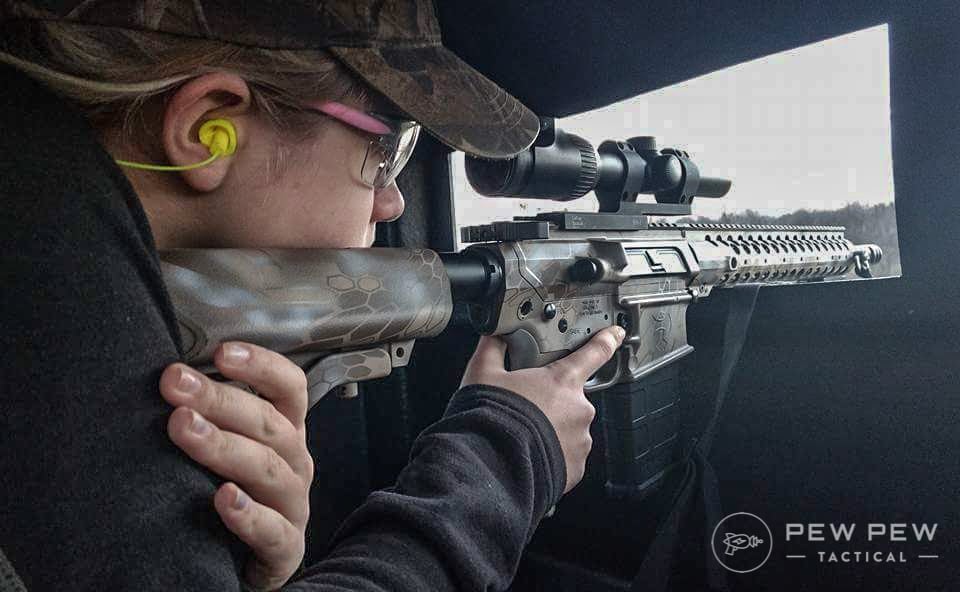
Don’t wait until the last minute to gather your gear. Do your shopping early so you can have everything organized and ready to go on opening day.
Is there something you consider essential that we left off the list? Tell us all about it in the comments below. If you’re a female hunter, check out our article on Best Hunting Gear & Clothing for Women to find gear tailored to more feminine hunters.

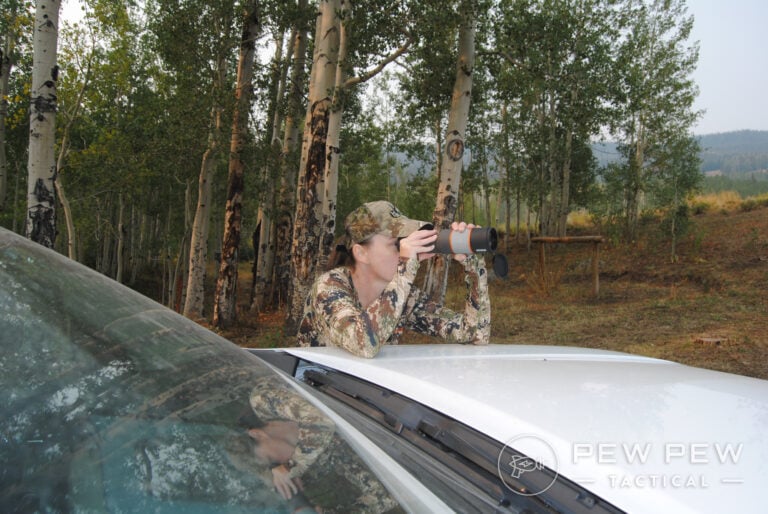












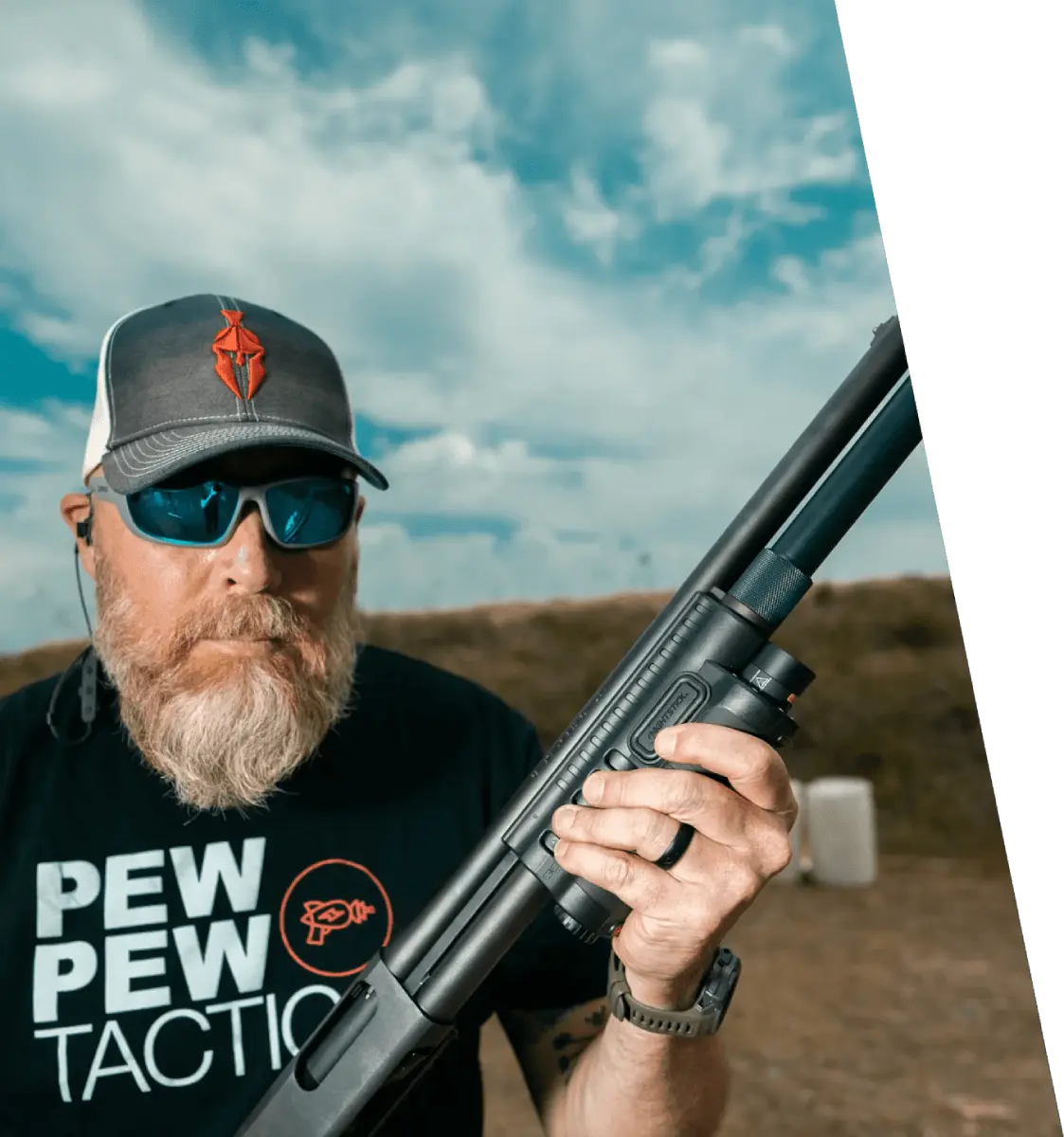

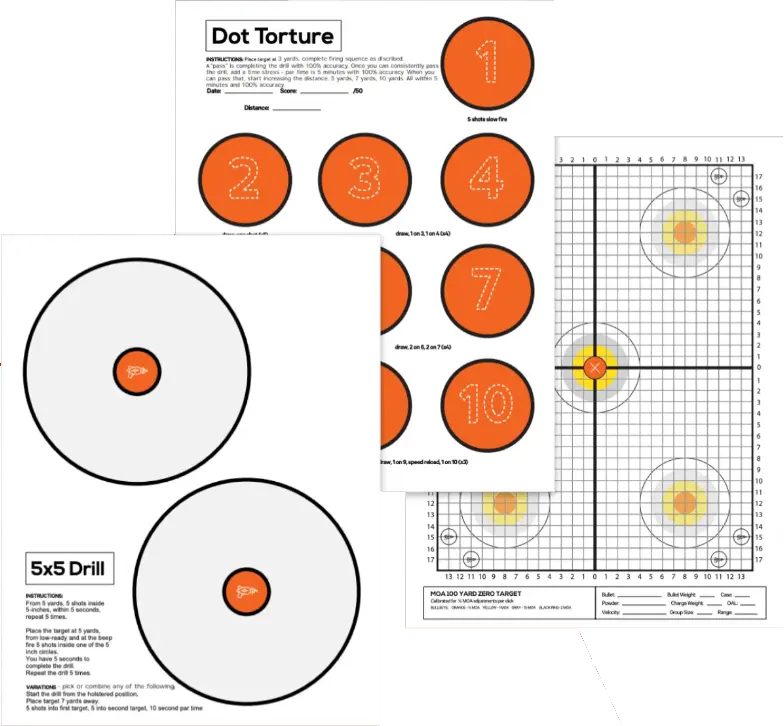
1 Leave a Reply
For those that like using deer attraction scents. . . . . . . . Pure Vanilla. Not that artificial stuff the real stuff that can cost about ten bucks for two ounces. I've watched deer do 90 degree turns toward the cotton ball I applied it to. Thirteen deer in my freezer in 5 yrs convinced me it works.